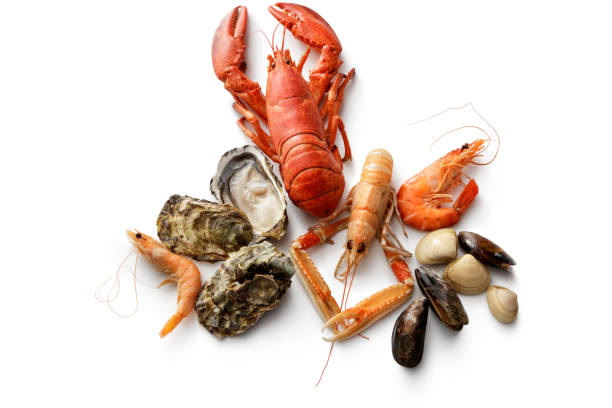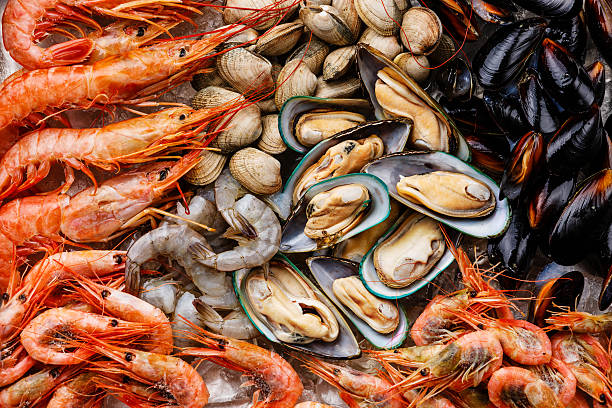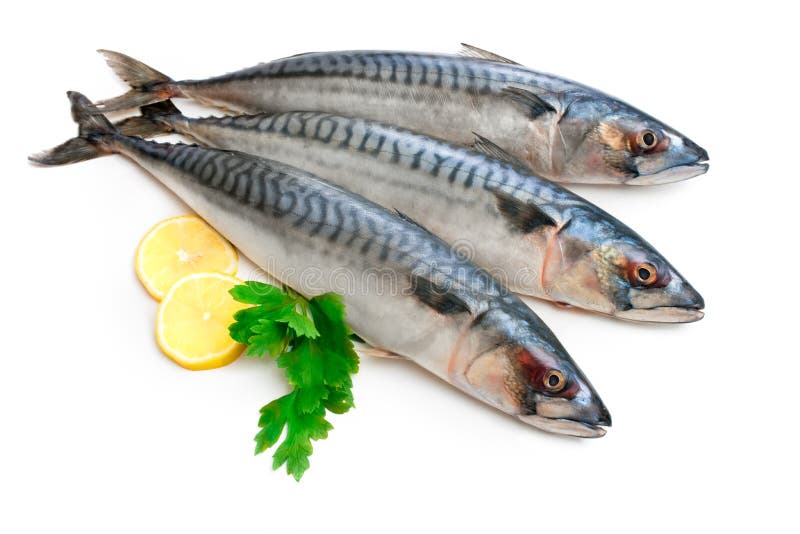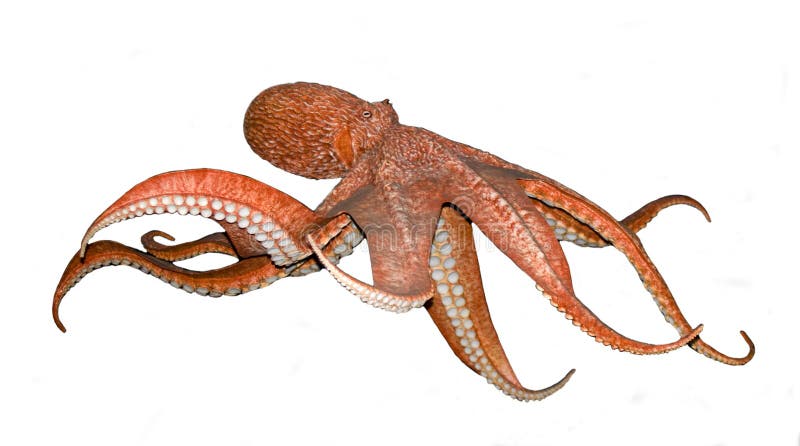The 15 best seafood for good health
Introduction
Seafood supplies vital nutrients needed for good health and wellness at all ages. Seafood includes fatty fish and shellfish. Fatty fish and shellfish supply the nutrients, vitamins, Omega-3s essential for strong bones, brain development, healthy heart, and immune system. In this article/blog you will be able to know about some useful, well known, easily and commercially available fatty fishes and shellfish that are good for good health. So, let us first try to understand seafood and their types.
Seafood
· Seafood refers to any form of sea-life regarded as food by humans, prominently including fish and shellfish.
· Seafood includes all fresh and saltwater fish, crustaceans and shellfish.
Fish
Fish refers to a group of animals that are completely aquatic vertebrates that have gills, scales, swim bladders to float, most produce eggs, and are ectothermic (cold blooded).
Fatty fish
· Fatty fish is also called oily fish.
· Fatty fishes are the best sources of two of three most important Omega-3 (EPA and DHA).
· Fatty fishes provide good fats unlike the bad saturated fats in meat.
· Fatty fishes deliver huge health benefits for your heart, lungs, and circulation.
· Some good examples of fatty fish (higher in fat-based nutrients) are salmon, sardine, trout, mackerel, and tuna.
Shellfish
· Shellfish have been eaten world-wide for centuries.
· Most shellfish live/dwell in saltwater and have a shell or shell like exterior.
· Shellfish are rich in lean protein, healthy fats, and minerals.
· Regular intake of shellfish may boost your immunity, weight loss, and promote brain and heart health.
· Shellfish include various species of crustaceans, molluscs, and echinoderms.
Crustaceans
· Crustacean refers to a group of aquatic arthropods that are characterized by a segmented body, pairs of legs on each segment, and a tough exoskeleton.
· Crustaceans include Canadian shrimp, true crabs, krill, and prawns.
Molluscs
· Molluscs refer to a large phylum (Mollusca) of invertebrate animals (such as snails, clams or squids) with a soft unsegmented body usually enclosed in a calcareous shell.
· Molluscs include mussels, oysters, clams, octopus, squid and scallops.
Benefits of taking/eating fish
· Fish is high with Omega-3 fatty acids and rich in vitamin D and B2.
· Fish is considered one of the most heart healthy foods you can eat
· Fish is rich in calcium and phosphorus.
· Fish is a great source of minerals like iron, iodine, magnesium, zinc, and potassium.
· Fish is a wonderful source of high quality proteins
· Fish boosts brain health
· Fish may help prevent and treat depression
Some useful, well known, easily and commercially available seafood that are good for good health are:
Fatty fish
Salmon
· Salmon is one of the best sources of vitamin B12 and vitamin D.
· Salmon is high in Potassium, ion, selenium, iodine, calcium, phosphorus, zinc, and copper.
· Salmon is very low in saturated fat.
· Salmon is full of omega-3, highly beneficial to the brain.
· Salmon is a good source of protein which is important for maintaining bone health, preventing muscle loss and helping the body heal and repair.
· Salmon is rich in astaxanthin, which helps in maintaining skin elasticity, reduces the signs of aging and protects the skin against UV damage.
Sardine
· Sardines are a good source of vitamin B-12, vitamin D and calcium.
· Sardines are high in Omega-3, selenium, and protein.
· Sardine is cost efficient.
Trout
· Trout are an excellent source of protein, niacin, and omega-3 fatty acids.
· Rainbow trout is a low fat, sustainable, low mercury fish labeled a “best choice” by the EPA and FDA.
· Rainbow trout are rich in phosphorus, vitamin B12, B6, pantothenic acid, and selenium.
· Rainbow trout can help to manage high blood pressure, improve muscle strength and boost metabolism.
Mackerel
· Mackerel is considered as one of the best and healthiest seafood options available.
· Mackerels are high in omega-3 fatty acids and contain a wealth of essential vitamins and minerals.
Tuna
· Tuna is high in omega-3 fatty acids.
· Tuna may help to reduce the level of omega-6 fatty acids and LDL cholesterol that can accumulate inside the arteries of the heart.
· Regular consumption of Tuna reduces the rate of cardiovascular disease, including heart attacks.
Crustaceans
Shrimp
· Shrimp is a good source of protein, low in calories and saturated fat.
· Pink Shrimp from Oregon is considered the best seafood. White Shrimp, Shrimp from the US and Canada are also good.
· Shrimp is rich in selenium, calcium, and magnesium.
· Shrimp contains the antioxidant astaxanthin (6, 11, 12, 13), which protects your cells against damage.
Crabs
· Crabs are packed with protein, which helps in building and maintaining muscle.
· Crab is high in omega-3 fatty acids, vitamin B-12, and selenium, which help in improving general health.
· Crabs are easily digestible.
Krill
· Krill oil is packed with omega-3 fatty acids, which prevent heart attacks and strokes.
· Krill is low in fat and a rich source of high quality protein (better than other animal protein).
· Krill contains antioxidants, which help prevent oxidative damage.
· Krill oil helps lower blood pressure and triglyceride levels, which are both risk factors for heart disease.
Prawns
· Prawns are a rich source of selenium and zinc, which help for maintaining healthy cells and a healthy immune system.
· Prawns are a good source of the B group of vitamins, including B12 and folate, which help in energy production and replenishing red blood cells.
· Prawns provide about 22 times the vitamin E levels of either chicken or beef.
Molluscs
Mussels
· Mussels are molluscs with two hinged shells (bivalves) which filter their food from the surrounding water.
· Mussels are a clean and nutritious source of protein, zinc, and folate.
· Mussels are rich in omega-3 fatty acids, EPA and DHA.
· Mussels are rich in selenium, iodine, and iron.
· Mussels help to keep your heartbeat regular, lower blood pressure and help blood vessels work as they should.
· Mussels are sustainably farmed with no negative impact to the environment.
Oysters
· Oysters are a rich source of vitamin D, vitamin C, copper, zinc, and manganese.
· Oysters have high levels of phosphorus, niacin, and riboflavin.
· Oysters help in weight loss, increase bone strength, improve heart health, and boost immunity.
Clams
· Clams improve male fertility and are great for collagen synthesis.
· Clams are packed with vitamin B12, iron and protein, help regulate blood pressure, great for thyroid health, and good for your heart.
· Clams are an excellent source of choline and rich in riboflavin.
Octopus
· Octopus is low in calories and fat, but full of vitamin B6 and B12.
· Octopus is an excellent source of omega-3 fatty acids, and provides “good fats” which is good for a healthy heart.
· Octopus helps lower your blood pressure and slow the buildup of plaque in your arteries, reducing stress on the heart.
Squid
· Squid is high in protein, rich in omega-3 fatty acids, vitamin C, iron, and calcium.
· Squids are good for heart health, pregnancy health, healthy skin, hair, and nails and reduce the symptoms of rheumatoid arthritis.
Scallops
· Scallops are rich in protein, omega-3 fatty acids and healthy fats that can balance your cholesterol levels, reducing your heart disease risk.
· Scallops are low in fat and rich in magnesium, and potassium, which can contribute to good heart health.
· Scallops help relax blood vessels, which can lower your blood pressure and improve circulation.






















No comments:
Post a Comment